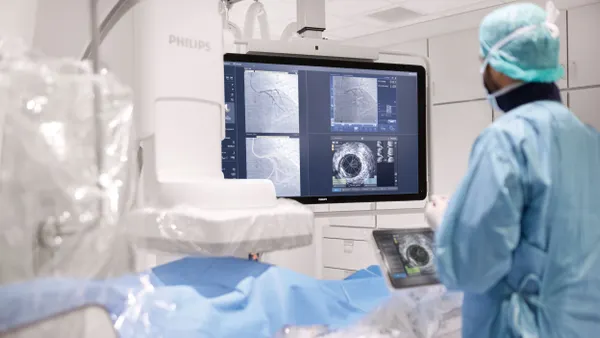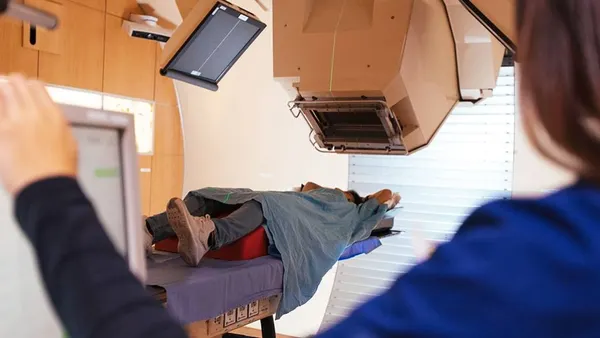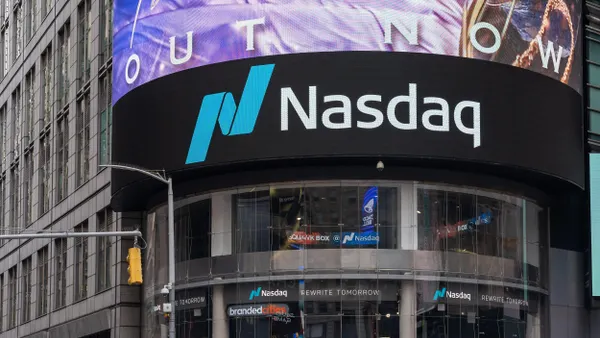Dive Brief:
- Function Oncology raised a $28 million series A financing round to develop a CRISPR-enabled platform with diagnostic and therapeutic applications.
- The functional genomics platform is intended to improve on conventional next-generation sequencing approaches by enabling assessment of drug target vulnerabilities directly in patient tumor samples.
- The round was led by Andreessen Horowitz (a16z) and Section 32. Function Oncology will use the proceeds to identify optimal therapeutic opportunities for cancer patients and develop new targeted treatments.
Dive Insight:
Next-generation sequencing machines from Illumina and its challengers have transformed the diagnosis and treatment of cancers by revealing the genetic causes of tumors and, by extension, uncovering new, more targeted ways to treat the diseases. However, so far, only a subset of patients have benefited from the power of targeted therapies. Function Oncology wants to bring the benefits to more patients.
“We believe that the next level of precision oncology will be to move beyond gene sequence, to gene function,” Dr. Srinath Sampath, co-founder and CEO of Function Oncology, said in a statement. “Our CRISPR-powered personalized functional genomics platform allows, for the first time, efficient, scalable and individualized assessment of drug target vulnerabilities directly in patient tumor samples.”
Function Oncology said the platform uses CRISPR-based gene modulation directly in clinical samples to profile each patient’s tumor and uncover drug target dependencies that are hidden, at least in part, from conventional genomic profiling. For the individual patient, the diagnostic tool could uncover a new, more targeted treatment strategy.
When aggregated, the individual insights could inform the identification of “non-mutated ‘hidden’ drug targets,” Sampath said, and thereby enable the development of new cancer drugs. Steve Kafka, managing partner at Section 32, added that the platform could produce “unprecedented insights to enroll the right patients in clinical trials” and “dramatically” expand the impact of existing drugs.
Section 32, a venture capital fund founded by the former CEO of Google Ventures, co-led the financing round with fellow west coast tech and life sciences investor a16z. Casdin Capital and Alexandria Venture Investments also participated in the round.










